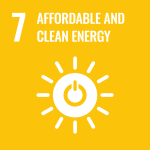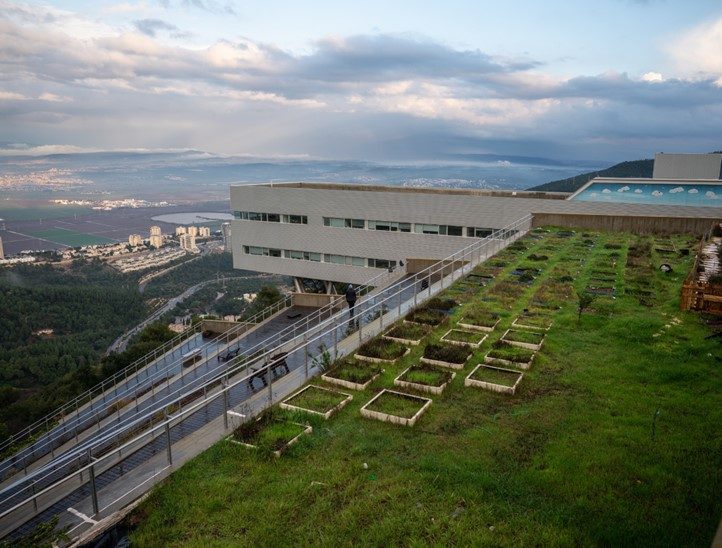 Goal 7: Affordable and Clean Energy
Goal 7: Affordable and Clean Energy
ENSURE ACCESS TO AFFORDABLE, RELIABLE, SUSTAINABLE AND MODERN ENERGY FOR ALL
Research
A combination of factors leads to extreme energy poverty, such as lack of access to affordable and reliable grid-based energy sources. Dr. Maya Negev, from the Faculty of Social Welfare and Health Sciences, et al. published an article in Energy Research & Social Science which compared and contrasted Roma neighborhoods in Romania and Bedouin villages in Israel within their national contexts regarding modern energy and housing infrastructure. By exploring policies and regulation of energy poverty, they identified and analyzed the main characteristics and challenges associated with extreme energy poverty and highlighted the nexus of infrastructure, planning and social inequality from the perspective of energy provision.
For the first time, a controlled field study conducted by Prof. Ofira Ayalon, from the Herta and Paul Amir Faculty of Social Sciences and the Department of Natural Resources and Environmental Management, took a middle-out strategy (MOS) approach to reduce mid-week summer peak energy demand. In her article in Energy Research & Social Science, a downstream impact was demonstrated by 1/3 of the participating households reducing their peak consumption by 10%, with an average reduction of 4.5–6%.
Public Engagement
In 2013, the University’s Kadas Green Roofs Ecology Research Center established the first green roof in the Middle East. It was also one of the first green roofs in the world to focus on how to preserve biodiversity in an urban setting. Headed by Prof. Dan Malkinson, the Center is studying how green roofs can play a role in cutting back energy consumption, maximize urban biodiversity and promote urban farming.
Prof. Dror Angel of the Leon H. Charney School of Marine Sciences heads the Laboratory of Applied Marine Biology and Ecological Research (AMBER). AMBER focuses on interdisciplinary research that explores the natural and human dimensions of marine ecosystems. Committed to citizen science and science communication, the lab team regularly teaches in local schools.
Learning & Students
The Department of Geography and Environmental Studies offers a course in Environmental Education for Sustainability. The course examines the role of environmental education in improving the condition of the natural environment and offers students the opportunity to learn about topics such as place-based education, public domain, and sustainable neighborhoods.

Operations
The university administration took energy efficiency measures that reduced electricity consumption. Our kilowatt usage per hour, per meter was reduced from 107.6 to 101.5 this past year.
As a result of the same energy efficiency measures, our diesel consumption was reduced in the past year from 230,000 liters to 171,000 liters, a 26% reduction!

